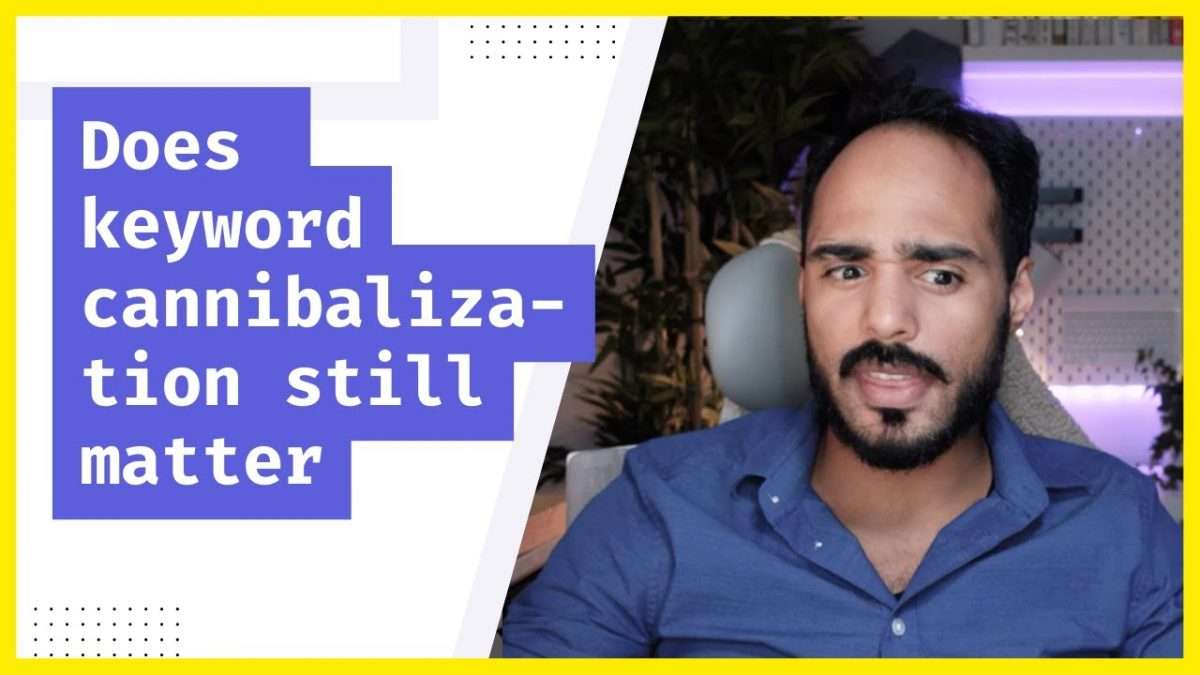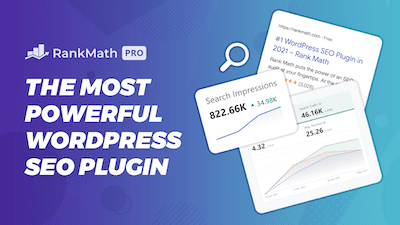
In this post, I want to talk about keyword cannibalization and whether it’s even relevant in 2021 and moving forward.
I want to talk a little bit about this because I’ve noticed that Google is increasingly grouping related search queries in the search.
What is Keyword cannibalization?
Keyword cannibalization is an SEO problem that occurs when a website has multiple pages or blog posts targeting the same keywords or phrases. This can confuse search engines and make it difficult for them to determine which page is the most relevant to a user’s search query, potentially leading to lower rankings for all the affected pages.

What’s different about cannibalization in 2022
So if you search for something like the best smartwatches for golfers, you might also see from the same publisher, on the same website, the best smartwatches for delivery truck drivers, or something like that. The point is that they’re very similar. They have very similar content, and they get lumped together. They both rank together in a way.
I’ve seen this in use for things that are very, very closely related, like the best cocktails for Halloween. And then it will be like the top ten Halloween cocktails. You’d think that would be obvious keyword cannibalization. You don’t want to do that.
But SEO changes and it seems to me that Google is somehow rewarding you for having very similar content by making it so that you’re taking up more of the SERP if your articles or posts are very closely related to that search query. Could this be the case?
Should we still worry about cannibalization?
I can’t say definitively because it’s so hard to say, “Hey, you shouldn’t be writing different content.” You should write completely similar content” that’s not an SEO best practice. But I don’t know. I think there’s a case to be had where you should be writing pretty similar content because the whole point of writing different content is that Google is not going to reward it.
It wasn’t going to give them the number one position on the same website as the number one and two positions. Very true. But now it’s lumping this kind of query under one umbrella. What do you think?
Are you a visual learner? Check out my video below, titled “Keyword Cannibalization: Is It Still Relevant in 2021 SEO?” “Google’s New Changes in the SERP,” from my YouTube channel, as I show you all this firsthand.
Frequently asked questions (FAQ)
Do you still have questions? Below are some of the most commonly asked questions about making a Squarespace.
What is keyword cannibalization?
Keyword cannibalization is an SEO problem that occurs when a website has multiple pages or blog posts targeting the same keywords or phrases. This can confuse search engines and make it difficult for them to determine which page is the most relevant to a user’s search query, potentially leading to lower rankings for all the affected pages.
How can I identify keyword cannibalization on my website?
There are a few ways to identify keyword cannibalization on your website. One way is to use a tool like SEMrush, Ahrefs, or Moz that can show you all the pages on your website that are targeting the same keywords. Another way is to manually review your website’s content and identify any pages or blog posts that have overlapping or similar keywords.
What are the consequences of keyword cannibalization?
Keyword cannibalization can lead to lower search engine rankings for all the affected pages, reduced traffic, and poor user experience. Additionally, it can also make it difficult for search engines to understand your website’s structure and hierarchy, which can lead to a reduction in the authority and trust of your domain.
Conclusion
Is keyword cannibalization still relevant in 2021 and moving forward? Honest question. Let me know in the comments.
That concludes this article. What do you think? Let me know in the comments below (I read and reply to every comment). If you found this helpful, check out my full blog and subscribe to my YouTube channel. Thanks for reading!








